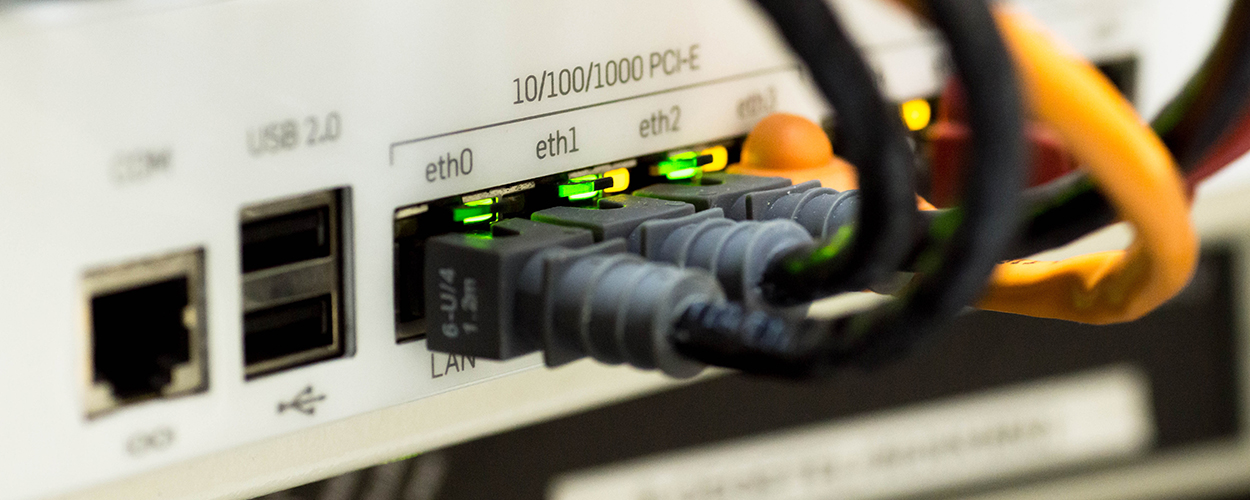
Unlicensed distribution of content is a phenomenon that right holders are trying to fight around the world. In this struggle, they use the courts, financial instruments, public opinion. In some countries, they manage to gain support from other areas of business and government support. For example, in Canada, film studios
join forces with a group of Internet service providers in order to block "pirated" websites without a court order. In order to achieve this goal, the project initiators need only the approval of government bodies. If the answer is positive, the blocking will begin immediately.
According to the rights holders, blocking resources that distribute unlicensed content is a very effective tool that prevents users from visiting such sites. Over the past few years, many resources have been blocked in Europe, Asia and other countries.
True, these blockages were carried out only after court approval. In most cases, right holders have no power without a court decision, except for a small number of states. Now Canada can be added to their list. It is worth noting that the approval is likely to be received. The fact is that not so long ago in the country, the government assessed the possibility of introducing a mechanism of nationwide website blocking.
Of course, this project has not only supporters, but also opponents. Now the possibility of introducing extrajudicial locks is being actively discussed, including at the national level. Canadian law professor Michael Geist (Micheal Geist)
criticizes the project of introducing extrajudicial locks. In his opinion, this idea is wrong, because “on the sly,” right holders will block not only truly pirated sites, but also those resources whose content is controversial. We are talking, for example, about the TVAddons resource, where both completely legal information and partially “pirated” information are posted.
Now Canadian right holders, along with representatives of the telecommunications sector, are
creating a list of resources to be blocked. The government, as mentioned above, has not yet made a decision. But spokesman Carl Saysville commented on the situation as follows: "Our government supports the open Internet, which allows users to access content of their choice in accordance with Canadian law." “While other countries are building walls, we are focusing on opening doors.”
In principle, in the past there have already been examples of successful “cohabitation” of network neutrality and blocking sites. So, in any country there are resources blocked by a court decision. Somewhere there are more such sites, somewhere less, but they exist in almost every country, with a few exceptions. If rightholders in some country will have the opportunity to circumvent judicial instances, then we can expect multiple growth of blocked sites, whether they are piracy or not.
According to Professor Geist and other Canadians related to net neutrality, the reasons cited by rights holders as evidence of the need to introduce pre-trial blocking are too precarious. The professor says that Internet service providers involved in this situation should think twice before making any decision. The fact is that in many cases a positive or negative attitude towards the companies of their own clients depends on it. Users may not be too happy with the current situation in the country.
In Russia, the Federal Tax Service (FTS) obtained the right of extra-judicial blocking of resources with the help of Roskomnadzor. True, this is not about any sites, but about anonymizers, VPN, Tor, and other "technologies that allow access to blocked information resources." The full
wording of the order on the criteria for blocking anonymizers is as follows: “The availability of information and / or programs for electronic computers on a website’s website, allowing access to a website on the Internet, a website’s website that contains prohibited information meeting the criteria 4.1.1–4.1.6 of these Criteria. ”